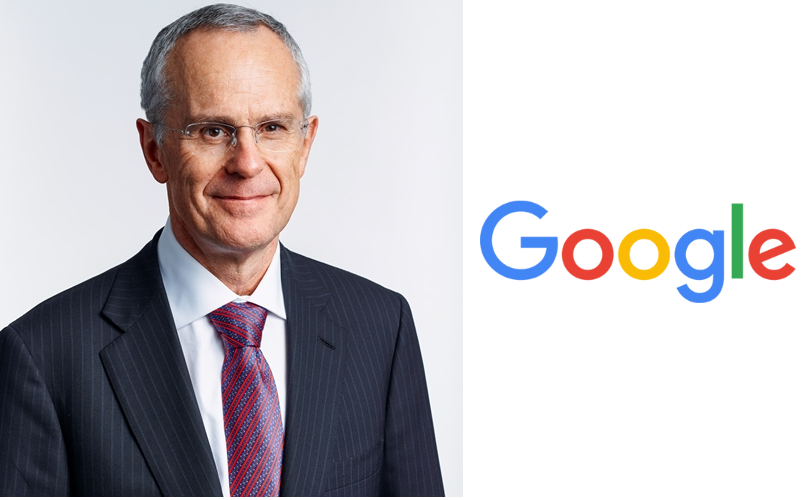ACCC takes aim at Google’s search, seeks powers to force sharing of data with rivals, curb payments from Apple

ACCC Chair Rod Sims continues to seek further powers to break Google's digital monopoly.
The ACCC wants powers to be able to force Google to open up data sets to other search providers and to be able to limit payments to device manufacturers to be the default search engine. In the meantime, it will force Android device manufacturers to offer a choice of search engine – with 'dark patterns' banned.
What you need to know:
- Australia's consumer and competition regulator will force handset manufacturers to offer users a choice of search engine provider and aims to ban manipulation of choice via 'dark patterns'.
- Plan is limited to Android for now. ACCC watching US States antitrust case into Google's $12-$15bn annual payments to Apple and has sought powers to curb such payments.
- ACCC also seeking powers to be able to force Google to open up search datasets to competitors.
Power moves
The ACCC has asked for powers to be able to limit or prevent Google from paying manufacturers like Apple to be the default search engine on its devices and to force the search giant to open its data sets to rival providers.
The regulator stopped short of recommending those actions in its latest digital platforms report, but wants Treasury to beef up its legal powers in order to improve competition in a market where Google owns more than a 90 per cent share.
For now, the ACCC is working up plans to make new – and existing – phones come with a choice screen that clearly tells users that they have a choice of search engines and not just the default, usually Google.
It makes clear that ‘dark patterns’ – means by which people’s choices are manipulated – will not be tolerated, with an obligation for platforms that may extend to an outright prohibition.
But it is restricting its choice screen plans to Android devices for now, roughly half the Australian market.
In requesting further powers, the report states:
“At present, the ACCC considers that these measures could include restricting a provider, which meets pre-defined criteria, from tying or bundling search services with other goods or services … These measures may also include limiting the ability of the provider to pay for certain default positions and potentially mandating access to specified datasets for rival non-dominant search engines.”
It notes the current antitrust actions by 11 US states regarding Google’s payment to Apple to be the default search provider, reportedly some $15bn in 2021, and would take guidance from the outcome.
Powers to force sharing of search data could be another tool to open up Google’s monopoly.
“In limiting rivals’ ability to reach consumers at scale, Google has ensured it maintains access to an unrivalled dataset, allowing it to continuously improve the quality of its search results in a way that its competitors cannot, and reducing the extent to which rivals are able to scale and compete against Google,” states the report.
“This has flow on effects for the ability of rival search engines to monetise their services, effectively self-reinforcing Google’s dominance in search. Google’s position means it can offer greater sums to suppliers of browsers and OEMs to be the default search engine. Rivals are thereby foreclosed from accessing users and the necessary click-and-query data to improve their search engine service, further raising barriers to competition.”
See the report here.

